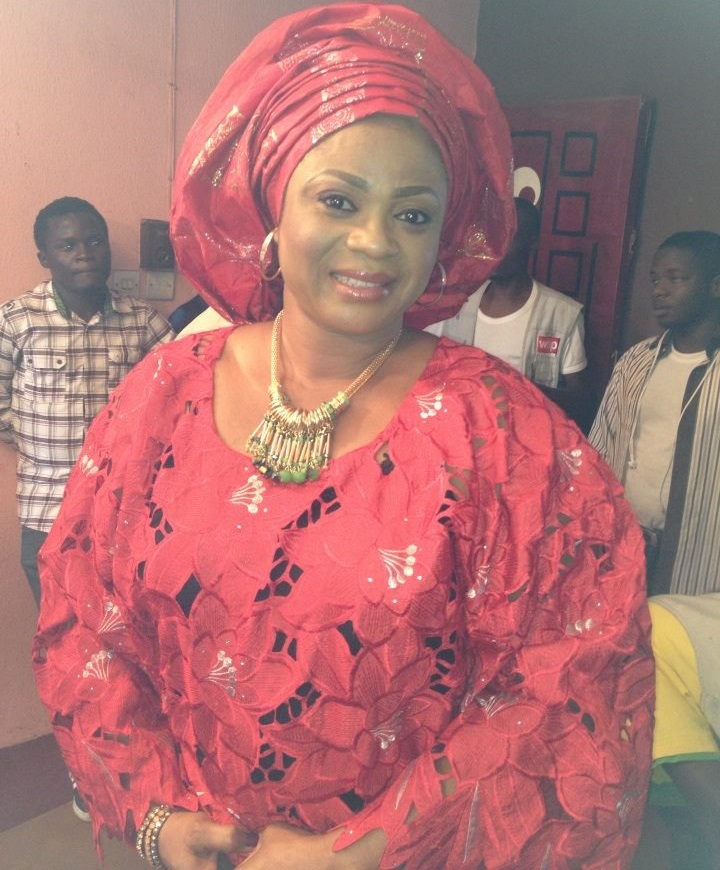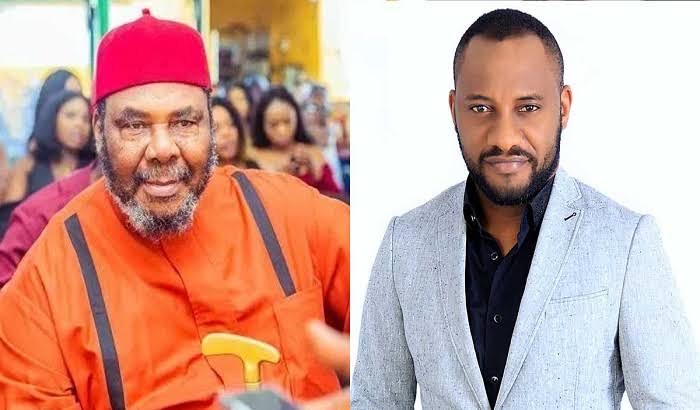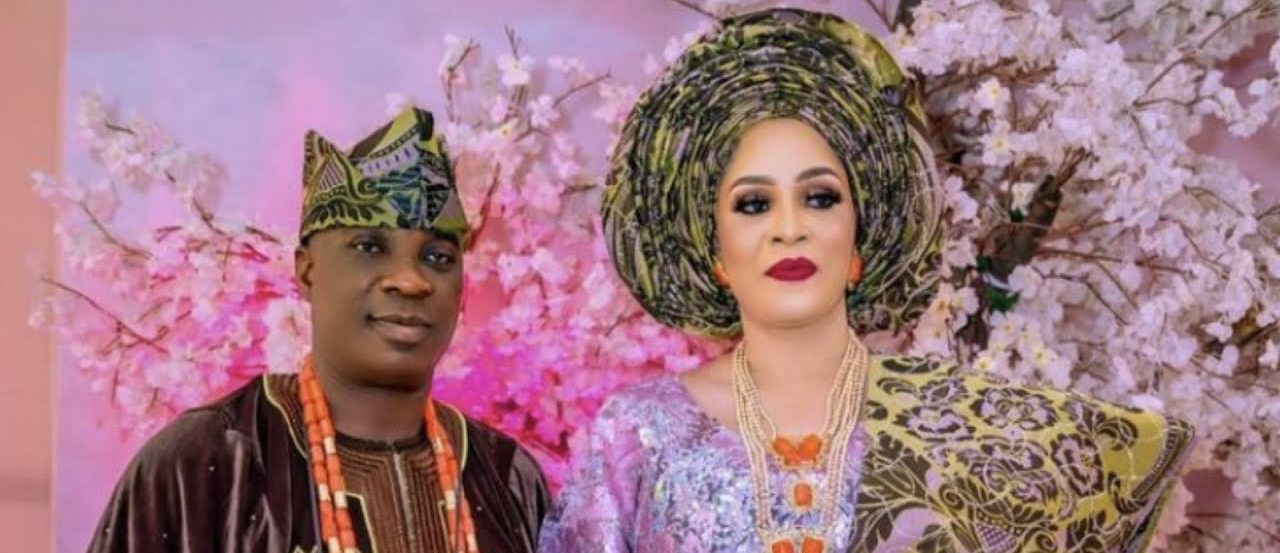
Mr. President, like State universities, let’s empower State government to run and even establish Penal and Correctional Institutions within their jurisdictions in order to overhaul the Nigerian Prisons System, which has failed woefully in some of its core mandates of reformation, rehabilitation and re-integration of ex-convicts back to the society.
The authorities of Nigerian Prisons Service past and present have laid greater emphasis on safe custody of inmates, which in many instances is not even in line with the United Nations Standard Minimum Rule in the treatment of offenders (UNSMR) and other international best practices.
The Nigerian government has on, many occasions, set up a Prison Reforms Committee through presidential commissions in an attempt to improve standards and conditions of the prisons throughout the nation. Nigeria, because of its federal system of imprisonment, finds its system of monitoring prison costs, conditions and the treatment of prisoners an almost unmanageable task.
At the time of writing this, the Nigerian Prisons Service is awaiting a substantive new Controller General, given the recent retirement of Mr. Zakari O. Ibrahim.
The Nigerian Prisons Service is by law under the supervision and control of the Federal Ministry of the Interior and Civil Defense, Fire, Immigration and Prisons Services Board (CDFIPB), and, as such, no State government has the independent power to run, maintain or supervise the over 238 prisons across the nation. No state equally has the power to establish any form of correctional institution, as penal-related matters are still in the exclusive list of the Laws of the Federation. But the irony is that while the federal government possesses and controls prisons, detainees and convicts come mainly from state courts.
Across the nation, arrested, detained or convicted persons pour into various prisons by the order of State-based magistrate courts, high courts, sharia courts, and others which include federally run courts.
Given the significant influence of States in terms of intake into our prisons, why not allow for decentralization of prisons and allow each State to run them in terms of administrative management and financial operation, just like State-owned universities? Like the State universities, prisons could still get federal account and logistic support.
Since these prisons are directly under the nose of State governments, like State universities, each State should develop objective standards in line with federal penal standards to measure and assess the internal workings and conditions of each prison as they relate to staffing, crowding issues, food rations, sanitation, recreational access, disease control, interstate relations, as well as in the areas of courts’ case dispositions, and rehabilitation and training of inmates especially.
With prisons and borstals or juvenile delinquent institutions located directly under the breadth of the Governors and State governments, inmates, committed kids, and adult convicts are more likely to benefit directly from local governments in each State, as these municipalities can come together to help define and develop policies as they relate to preventive and remedial options, like poverty reduction programs, agricultural centers, vocational schemes, and other rehabilitative projects.
With States being in charge of prisons’ cost of operation, expenses could be reduced more adequately by way of using trained inmates in various vocations and positioning them across various localities, thereby helping to yield more income for local governments in different States.
State management of prisons will better allow for orderly, efficient and effective administration of prisons, in terms of coordination and productivity in line with federal guidelines, and the processing of detainees and inmates.
For those States that are fully in compliance, they will get federal accreditation proficiency in the security and care of detainees and inmates, and for the adequate maintenance of physical facilities and delivery of a quality penal system.
The State prisons could form partnerships with future designated federal prisons for the purpose of a balanced line of interrelations and co-coordination of developments among all prisons in Nigeria.
The recent disclosure that inmates of Nigerian prisons are fed on contractor-supplied food of N200 only per day (inclusive of VAT) is another clear indication why each State should handle issues like feeding costs, as they could make direct subsidies in the area of food and other related areas.
Along these lines, State hospitals and other health care centers will be of direct aid to medical and mental health services in prisons by forming partnerships which will ensure more than adequate services for inmates, who will have special units created for them in State medical centers for the safety and security of the general populations.
In the same vein, this working collaboration will help supplement the inadequate number of mental health professionals like psychiatrists, clinical psychologists and psychiatric nurses within Nigerian prison system now.
In addition to the need for State run prisons, it is time the nation understands that we need to consider creating a jail system within the penal system. Jails will serve as holding places for people awaiting trial, persons sentenced for a short duration, typically less than a year; this will leave prisons to remain as places of long-term confinement for those convicted of serious crimes.
The Nigerian population is on the increase and its relationship with prisons and their populations cannot be stressed enough. Therefore, all the observations raised here cannot equally be stressed enough, especially in regard to our emerging presidential system of democracy, where the balance of Federal and States’ powers, in terms of prison management, becomes all too important.
By so doing, delivery of correctional services in Nigeria will be properly keyed into the transformational agenda of the current administration at the federal level.
Dr. John Egbeazien Oshodi is a Forensic and Clinical Psychologist and a former Secretary-General of the Nigeria Psychological Association
Click the link below to go to…
Police arraign Nollywood actor over alleged robbery
Actress, Diamond Igwe hooks back with Switzerland lover
Crime activist: ‘Enough is enough’— Omololu-Olunloyo
Gov. Fashola’s LASTMA Allegedly Beats Danfo Driver To Death
2Face Celebrates Birthday In Style [Pictures]



















